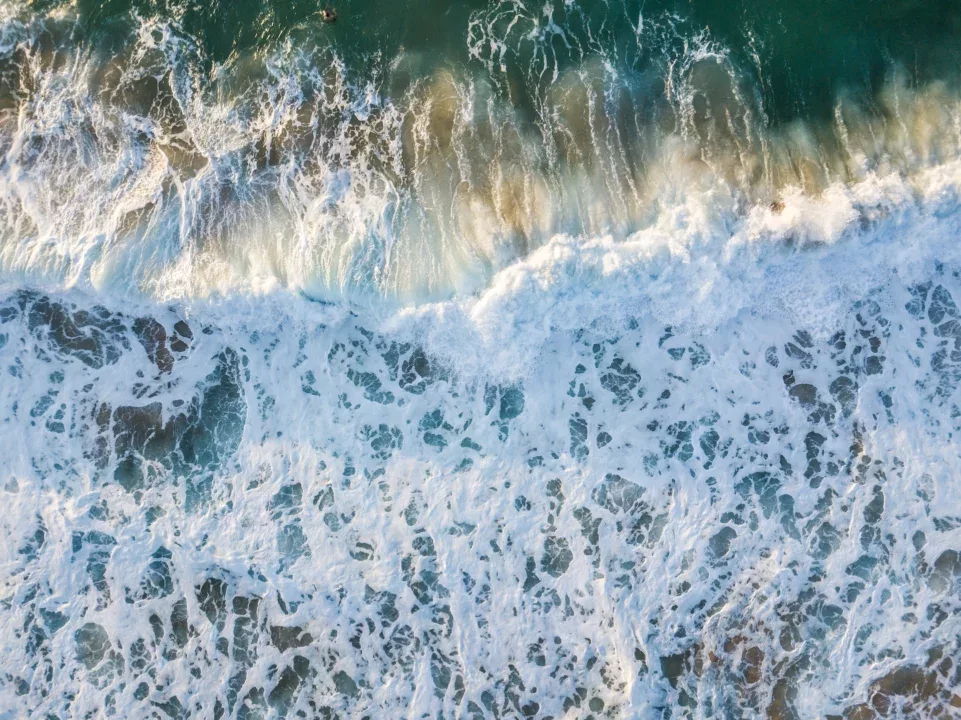Commonwealth countries today adopted the Apia Commonwealth Ocean Declaration for One Resilient Common Future, which calls on all 56 Commonwealth nations to protect and restore the ocean in the face of severe climate change, pollution and impacts related to over-exploitation.
The declaration, agreed at the Commonwealth Heads of Government Meeting (CHOGM) in Samoa, paves the way for robust, ambitious, innovative and transformative action for a Common Wealth of shared ocean prosperity, resilience and sustainability that builds on national and collective efforts to protect the ocean and use it sustainably.
Key aspects of the declaration include:
- Recognition of national maritime boundaries in the face of sea-level rise
- Protection of at least 30 per cent of the ocean and restoring at least 30 per cent of degraded marine ecosystems by 2030
- Urgent finalisation of the Global Plastics Treaty
- Ratification of the high-seas biodiversity Agreement on Marine Biodiversity in Areas Beyond National Jurisdiction (known as the BBNJ Agreement)
- Development and implementation of coastal climate adaption plans and strategies, including vulnerability assessments and nature-based solutions, such as blue carbon
- Stepped up support for a sustainable blue economy with sustainable ocean plans, recognising the need for 100 per cent management of national waters
- Reduction of emissions from global maritime shipping
- Enhanced marine renewable energy targets to meet the global climate goal of tripling renewable energy capacity, agreed as part of the UNFCCC Global Stocktake in Dubai last year.
The Apia Commonwealth Ocean Declaration for One Resilient Common Future is the culmination of many years of visionary and collective action. In 2018, Commonwealth leaders agreed to work together towards a sustainable ocean through the adoption of the Commonwealth Blue Charter. Since then, 17 champion countries have led 10 Action Groups covering marine protection, sustainable blue economies, climate change and ocean pollution. These action groups will now play a pivotal role in implementing the declaration.
At the 2022 CHOGM in Rwanda, Governments called for a Commonwealth Ocean Declaration. In April 2024, countries agreed on the priorities for the Ocean Declaration at the first-ever Commonwealth Ocean Ministers Meeting in Cyprus.
The Commonwealth represents a third of the world’s population, and 49 of its 56 countries have a coastline. Crucially, 25 Commonwealth nations are Small Island Developing States (SIDS), increasingly impacted by climate change, sea level rise, rising temperatures and increasing ocean acidity – impacting sea life, ecosystems and the communities that depend upon them.
Source: Press release

